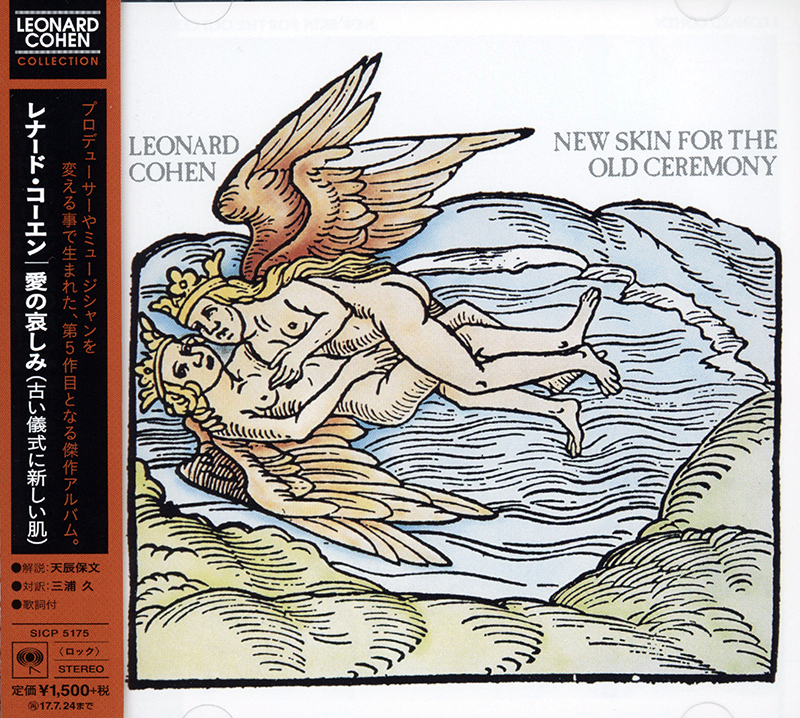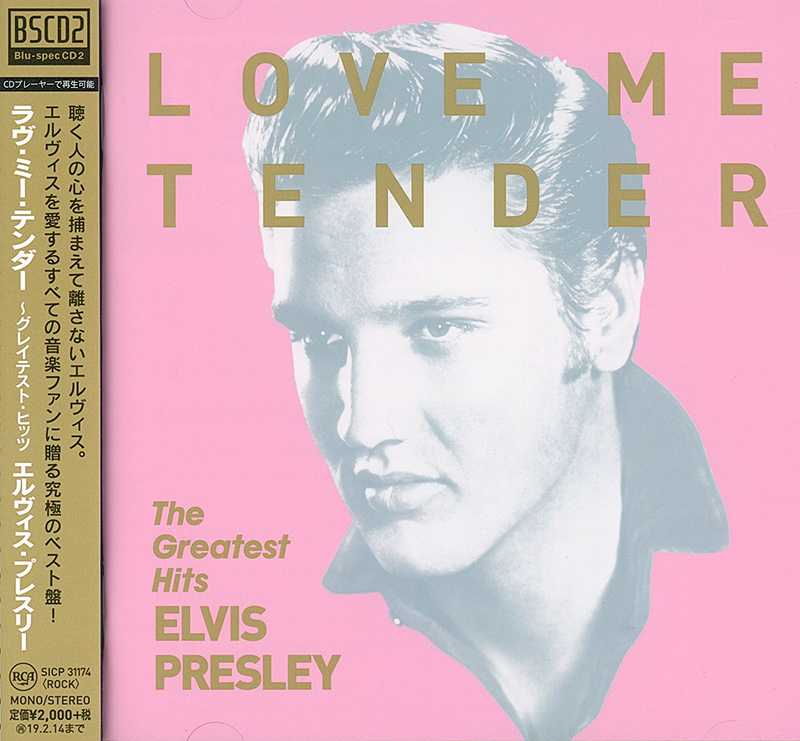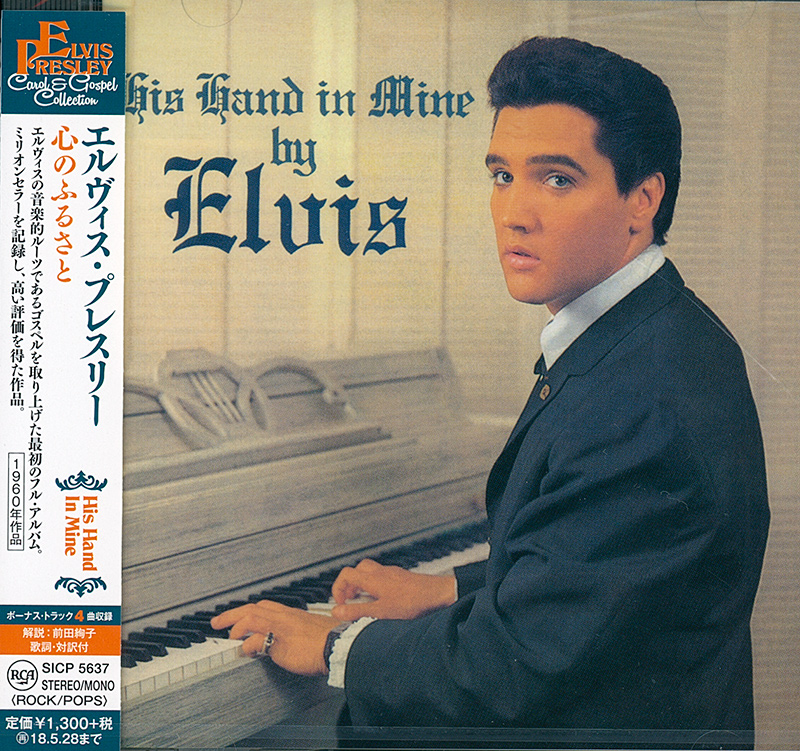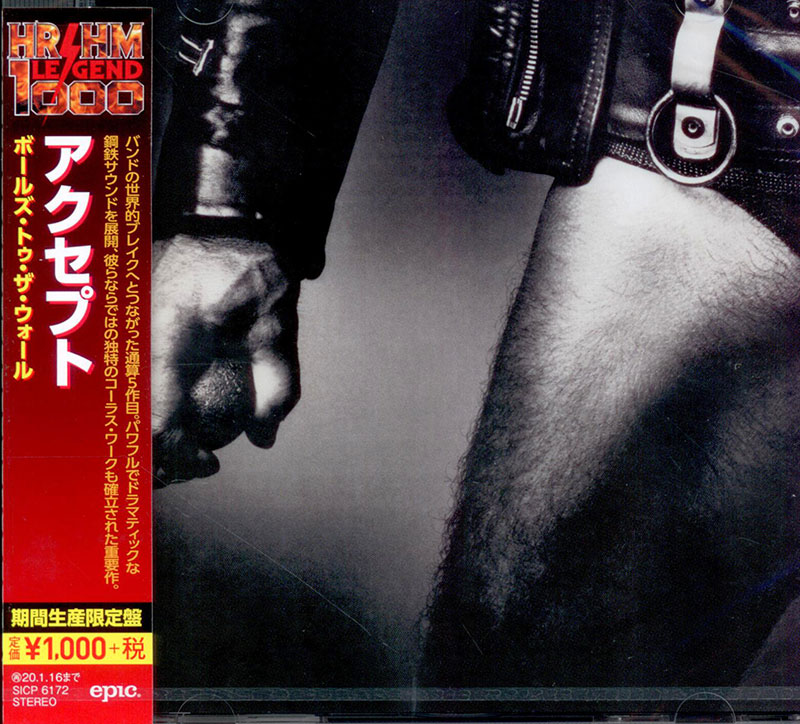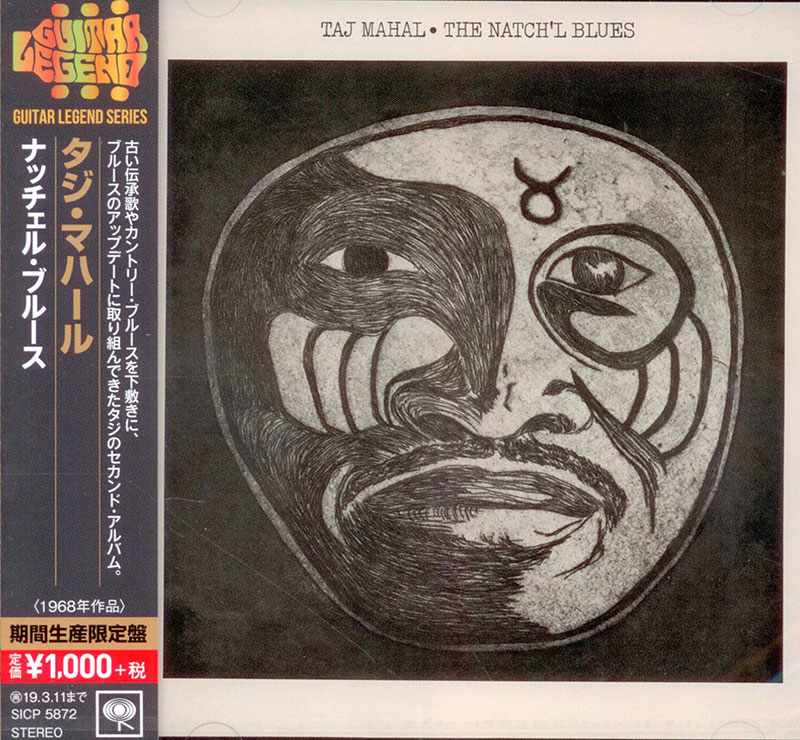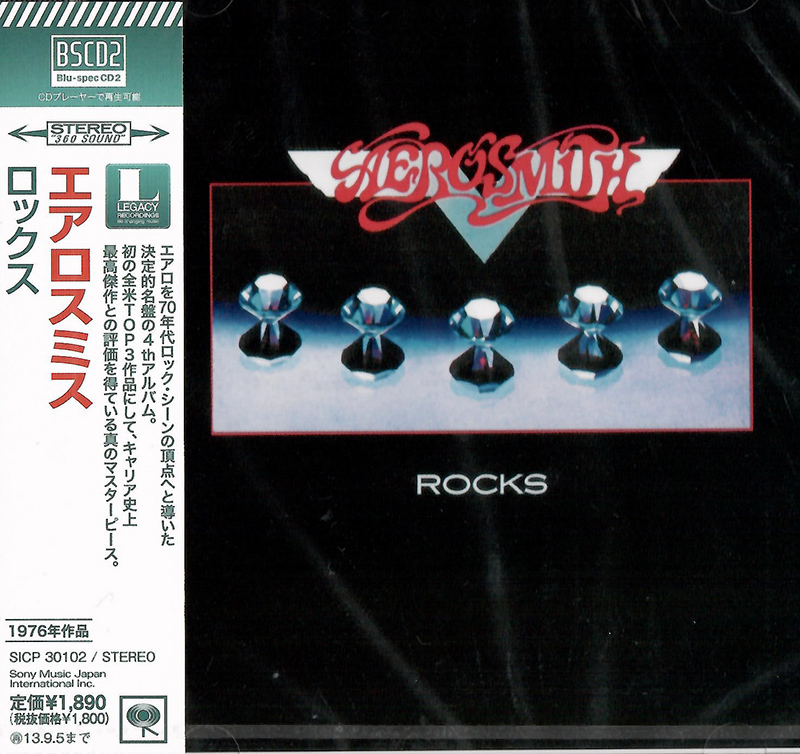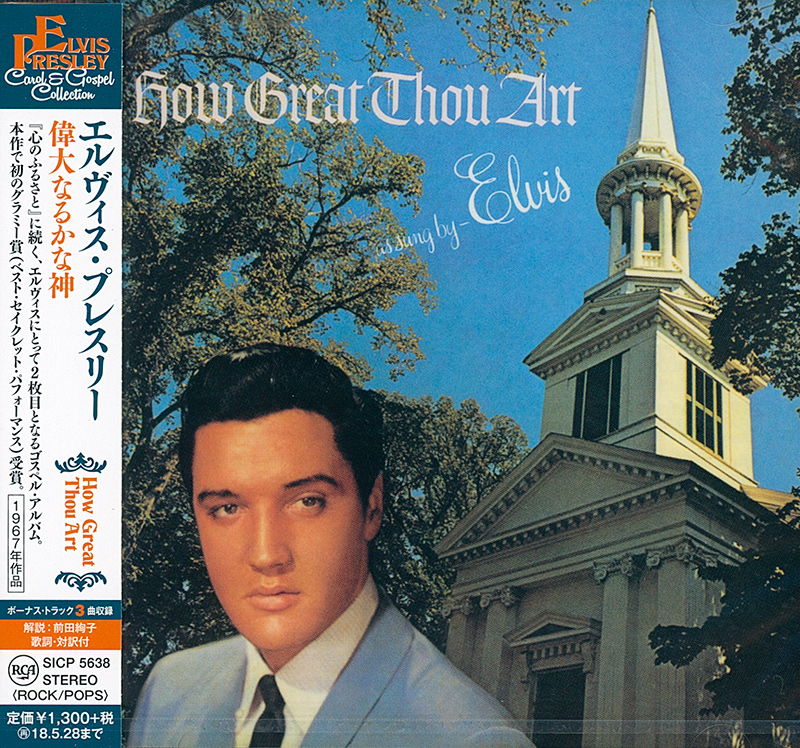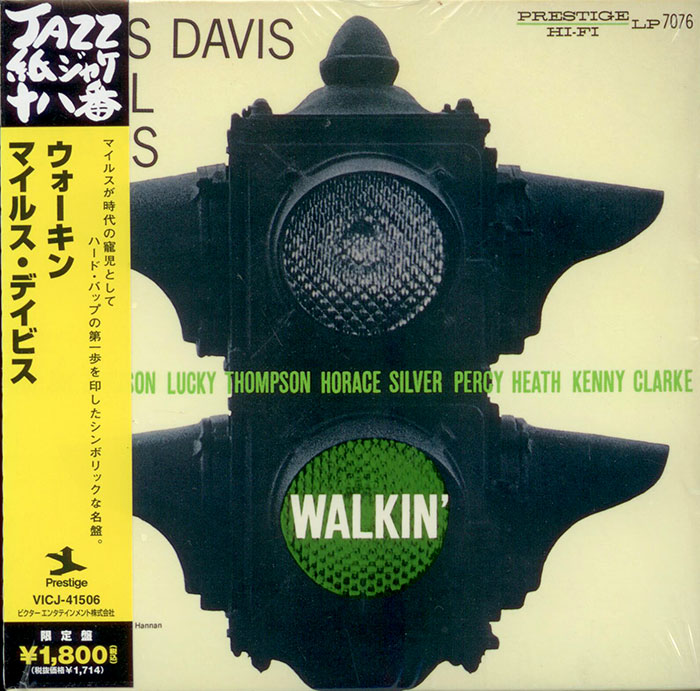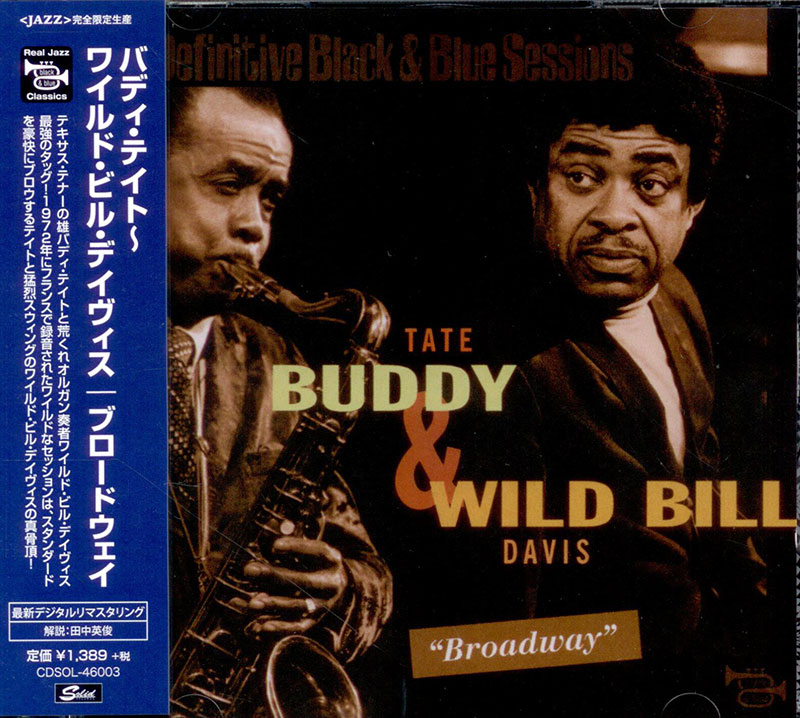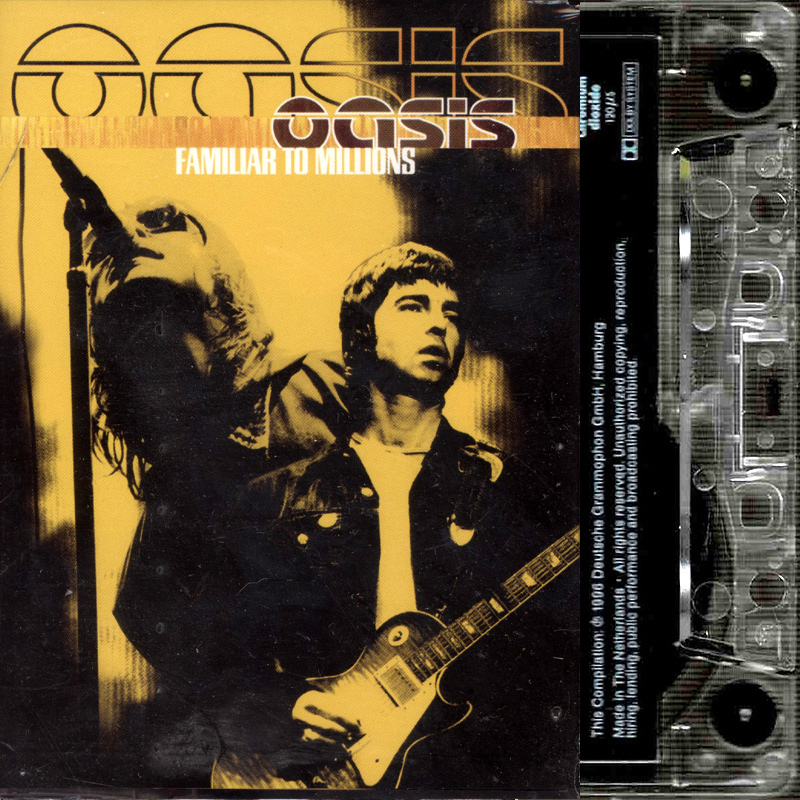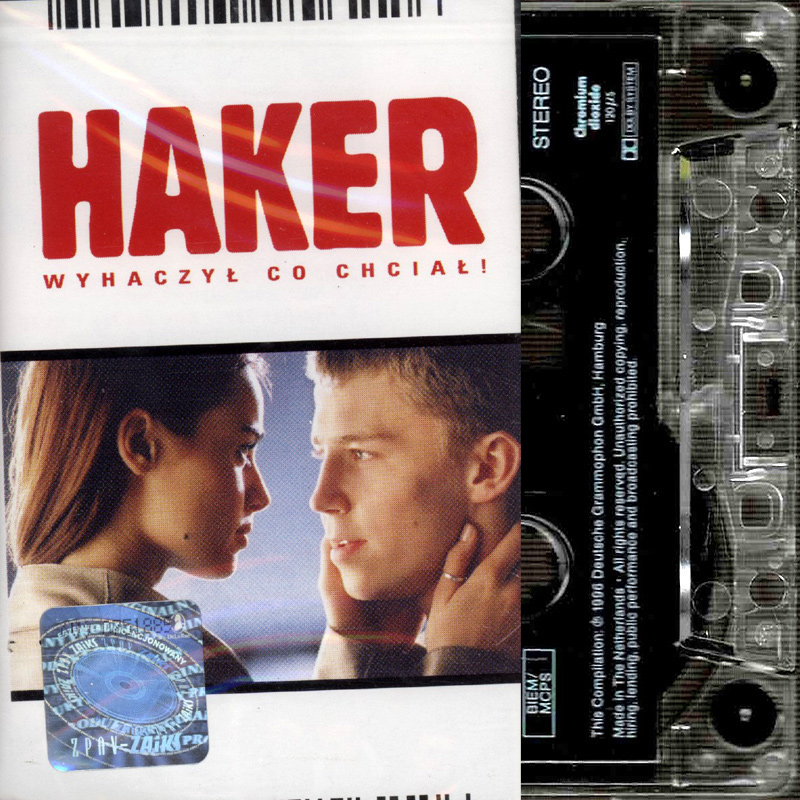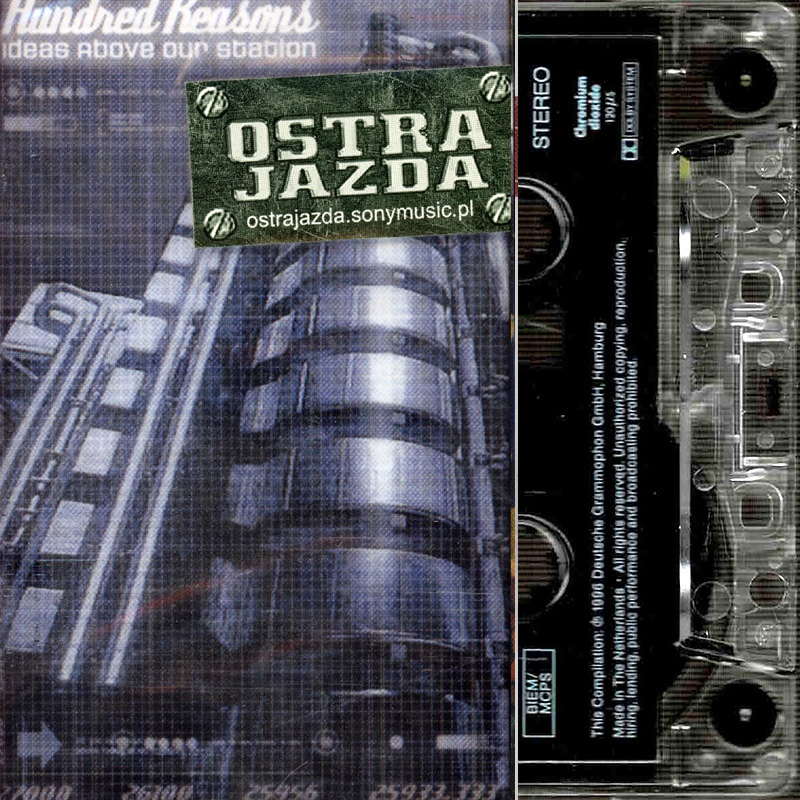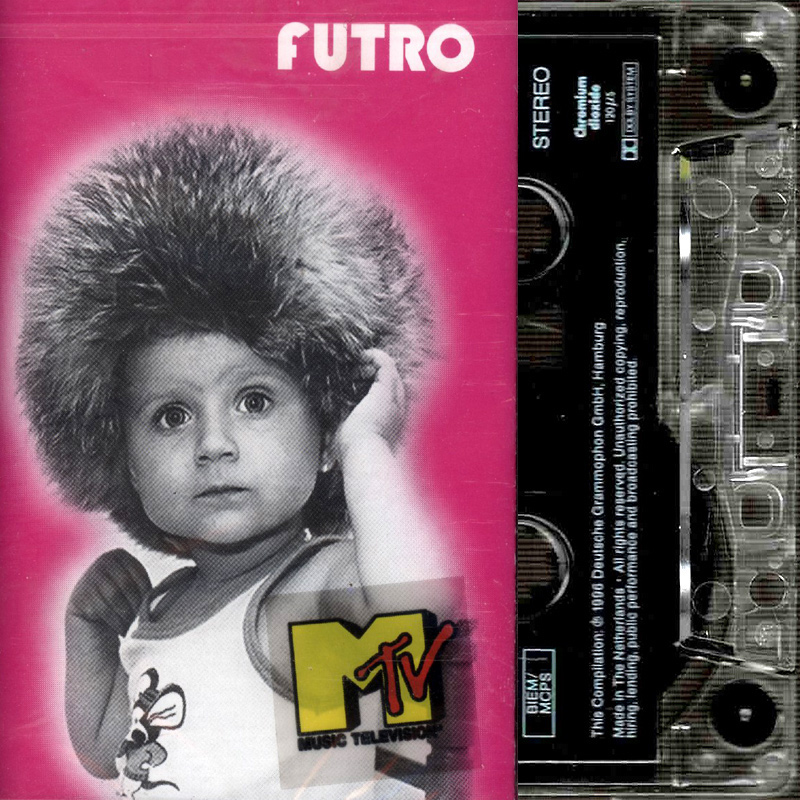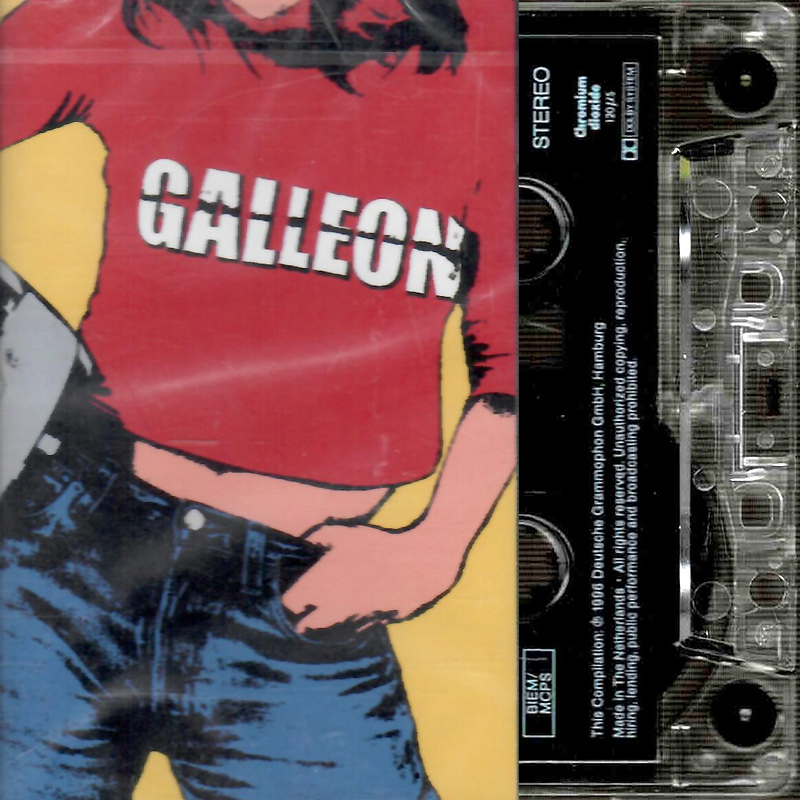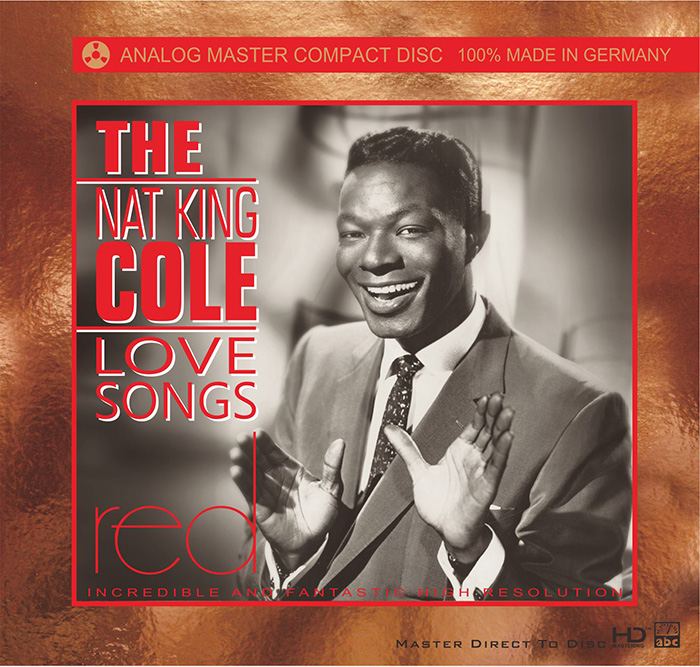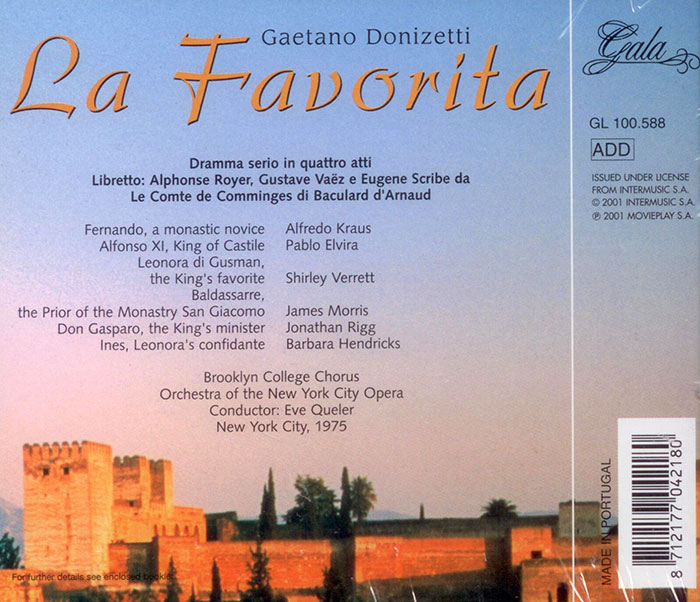Logowanie
Mikołaj - ten to ma gest!
Miles Davis, Horace Silver, Jay Jay Johnson, Percy Heath, Kenny Clarke, Lucky Thompson
Walkin'
20bit K2Super Coding - ale jak to brzmi!
Kasety magnetofonowe
Winylowy niezbędnik
ClearAudio
Double Matrix Professional - Sonic
najbardziej inteligentna i skuteczna pralka do płyt winylowych wszelkiego typu - całkowicie automatyczna
DONIZETTI, Shirley Verrett, Alfredo Kraus, Orchestra of the New York City Opera, Eve Queler
La Favorita
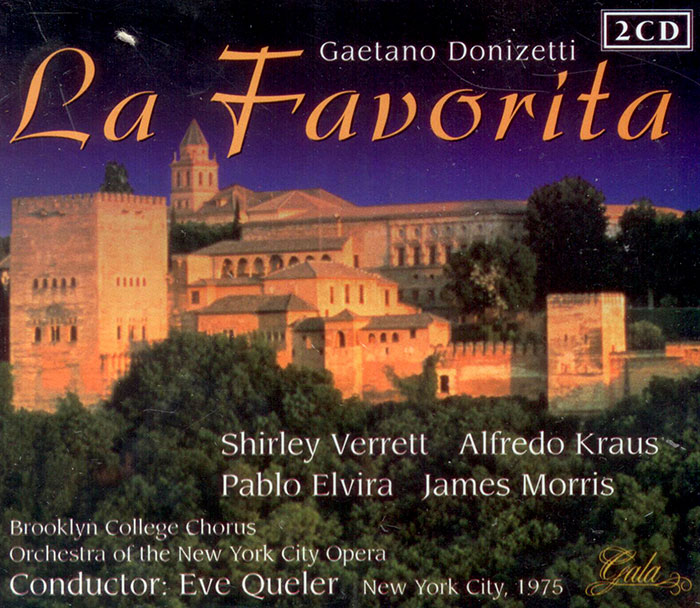
- Shirley Verrett - soprano
- Alfredo Kraus - tenor
- Orchestra of the New York City Opera - orchestra
- Eve Queler - conductor
- DONIZETTI
Steven Muni 5,0 von 5 Sternen Wonderful Donizetti Classic 28. April 2009 - Veröffentlicht auf Amazon.com This opera, premiered in France as La Favorite in 1840, a year after La Fille du Regiment, was not initially a tremendous success. It was performed in Italy two years later, and even though it is once again being performed in the original French, (there is a wonderful recording of it in French with Vesselina Kasarova and Ramon Vargas), the opera is better known in its Italian version of La Favorita. Set in Spain around 1340, Fernando, a novice, has decided to leave the monastery as he has fallen in love with Leonora, not realizing that she is the mistress ("The Favorite" of the title) of the king, Alfonso XI. Leonora obtains a military commision for Fernando, and he is sent away as an officer of the king. Meanwhile, the Father Superior of the Monastery gives King Alfonso an ultimatum that he must renounce his mistress or be excommunicated. Fernando returns in triumph from his military assignment to claim Leonora as his wife. King Alfonso has no choice but to consent. But towards the end of the marriage ceremony, Fernando learns about Leonora's past and stops the wedding and, miserable and disillusioned, returns to the monastery. By now mortally ill, Leonora gets into the monastery, meets Fernando, and pours out her heart to Fernando. He forgives her and she dies in his arms. Many critics consider the original French version to be the superior drama, as it explores the relationship between secular and spiritual love in ways that Italian censors did not allow. However, in neither version has the opera received the acclaim it merits--perhaps because the leading female role is assigned to a mezzo and not a soprano. This is a 1975 concert version conducted by Eve Queler, with the Orchestra of the New York City Opera and the Brooklyn College Chorus and an absolute dream cast. As Leonora, mezzo Shirley Verrett (before she went up to soprano) just shines with a richness of tone and dramatic conviction that has to be heard to be believed. And as good as she is, the show is almost stolen by her Fernando, the badly under-recorded Spanish tenor Alfredo Kraus. Although in his late 40s, his voice has the freshness and suppleness of a man 20 years younger, and his elegant styling and phrasing are in full evidence. As Alfonso XI, Puerto Rican baritone Pablo Elvira (whom Placido Domingo once called "the best baritone in the world") gives a vivid performance with tremendous dramatic force and ringing (baritone) top notes. And the small roles are also luxuriously cast. As the Father Superior, 28 year old James Morris shows the richness of voice that will become his hallmark as one of the world's great Wagnerian baritones. And as Ines, Leonora's confidante, 27 year old Barbara Hendricks has all the elegance and silvery sheen that her voice is known for. Queler paces the New York City Opera Orchestra with her usual elegance and refinement, and the Brooklyn College Chorus does just fine. There's more good news on the sound quality. This is a GALA recording, and their sound quality is very hit or miss. But this is a recent release and the sound quality is just fine. The audience is non-obtrusive although extremely appreciative. And although there is no libretto, the booklet is remarkably thorough and well written for GALA. This belongs in every opera collection, and at this price, why not!
